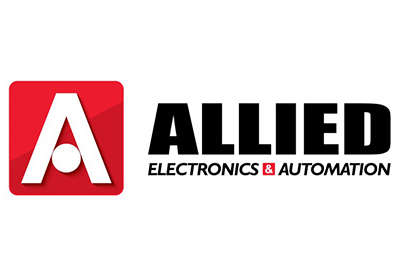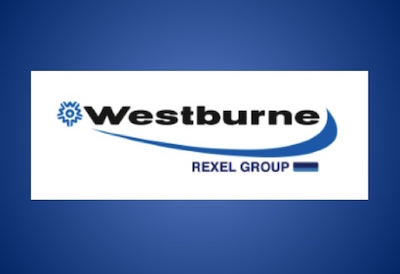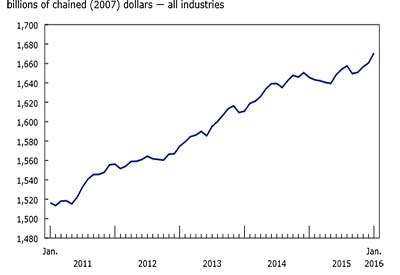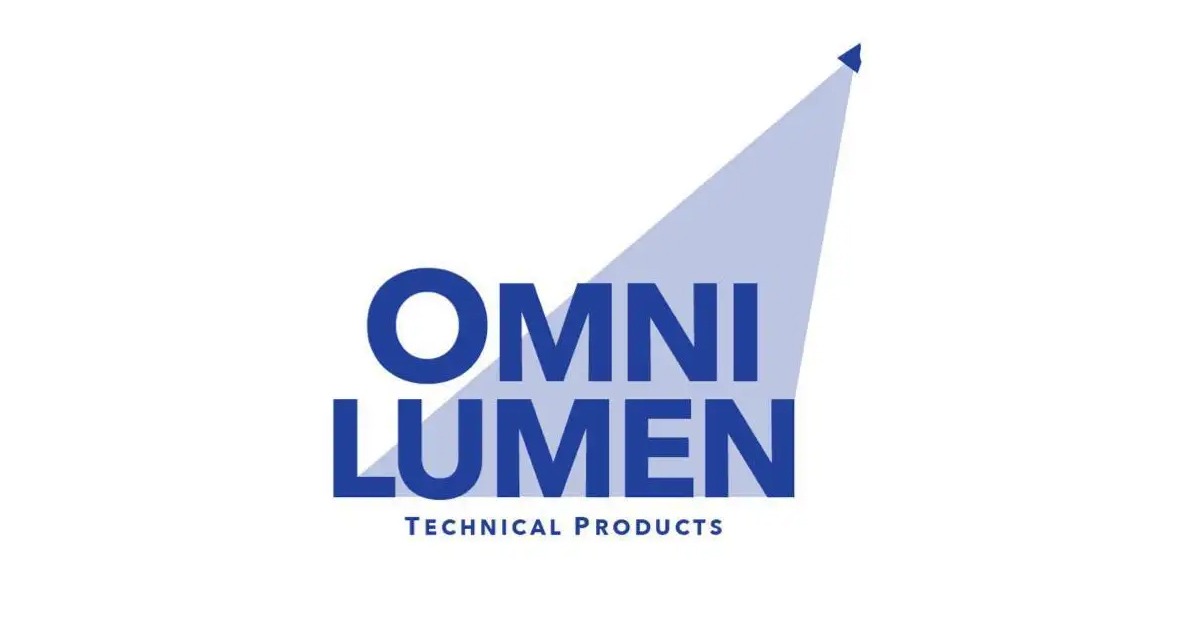What’s at Stake for Your Wholesale Distribution Business

Apr 29, 2019
As a distributor, you face an ever-changing competitive landscape. If your organization uses time-consuming manual processes or relies on software that doesn’t fit your specific needs, you’ll struggle to compete and grow.
Have you considered what your aging technology is really costing your business? In this document, we’ll discuss the seven ways outdated business software can inhibit growth for your distribution business and show how industry-leading software from Epicor — like Epicor Prophet 21 and Epicor Eclipse — helps build a path toward increased profitability.
1. Excessive labour and hiring costs
Outdated technology can affect employee retention and productivity when old systems and processes make tasks difficult for your staff. Outdated software typically has minimal automation, which reduces productivity and can make it difficult to hire and retain capable workers.
Like your customers and suppliers, your staff does more of what you want—more quickly and more effectively—when you make it easy for them. If your systems and processes haven’t kept up, your good team members may go elsewhere, and those who stay will be less efficient—in part because the tools made available to them are holding them back.
2. Operational inefficiencies
The manual, time-consuming tasks and workaround processes typical with older systems may be disrupting workflow, frustrating workers, and limiting your staff’s time to serve customers and complete other important tasks.A modern enterprise resource planning (ERP) solution can help your team work more smoothly and effectively, thereby enabling you to do more with less and to run your business better overall.
3. Insufficient data and insight
Insufficient data can lead to costly issues, missed opportunities, and unmet customer expectations. To make smarter, faster decisions, you need real-time information at your fingertips to quickly take action.
As competition increases and margins narrow, distributors need sharper productivity tools and a deeper understanding to grow and operate the business.
These tools must also be fast, flexible, and cost-effective. Modern ERP systems are offering unprecedented levels of business insight to help companies grow by identifying new opportunities, improving productivity, and speeding decision-making. Your software should give you interactive dashboards for easy comprehension and analysis of business data, so you can quickly see how your business is performing. Business Intelligence (BI) tools allow you to drill down on critical data in real-time in an always-connected, cloud-based service.
4. Diminished customer satisfaction
Today’s customers are accustomed to completing tasks easily and intuitively with their mobile devices from anywhere at any time. They expect transactions to be simple and fast when checking on the status of orders, deliveries, stock availability, pricing, and a range of other relevant information.
If your older system doesn’t provide your current and potential customers with the convenient tools they’ve come to expect, you’re likely driving business to competitors who can meet their expectations and needs.
5. Disconnected business
Your customers and suppliers expect a seamless and consistent experience — online, in the warehouse, in the field, etc. A modern ERP solution makes that possible — even easy.
Arm your staff with mobile tools so that associates can instantly answer inventory, pricing, and product questions wherever they are and can even complete sales transactions. Customers value this level of service, and these kinds of sales often result in higher revenues because they simplify cross-selling.
Older systems are less integrated and often are limited to access from only specific computer stations, which can create confusion within your business, invites errors, and limits your customer service capabilities.
6. Stagnant business growth
If customers and suppliers can’t connect with you on their own terms—through their preferred channel — they’ll look elsewhere. You need the right mobile, eCommerce, and web tools to do business with your customers when and where they prefer.If you’re relying on aging technology, you’ll struggle to provide instant answers—and instant sales — to potential customers.
7. Data security threats and disaster preparedness
Cyberattacks can cost your business millions, erode customer confidence, and damage your reputation. Out-of-date security in older systems can’t stand up to today’s hackers, malware, viruses, and other threats that leave your business vulnerable.
When network disruptions occur because of weather or basic outages, older systems may not offer a backup plan to keep your business running smoothly. Modern systems are designed to provide an affordable backup plan for maximum uptime and business continuity. It helps ensure you’ll be able to work offline during these times, keeping your customers happy, your sales staff busy, and your revenue growing — even if unexpected hardware or weather outages occur.
Security doesn’t just mean electronic peace of mind and carefully managing user credentials and permissions. Security today is a comprehensive mindset that has to be built across every layer of the ERP environment — from the physical network interface cards to the user passwords. It means a holistic approach to anticipating and minimizing possible natural, human, and technical disruptions to your system to ensure uptime and peace of mind.
Today, it’s hard to imagine a client who could possibly create a more secure operating environment than leading cloud providers such as Epicor. Indeed, industry analyst firm Gartner reported that multitenant clouds “are not only highly resistant to attack, but are also a more secure starting point than most traditional in-house implementations.”*
Why companies delay software upgrades — and why it hinders growth
Distribution business owners are busy, and it’s easy to put off even important initiatives. If you’ve found yourself procrastinating on evaluating new technology, here’s what to do to refocus on growth.
• Overcome fear of the unknown. At first, the idea of moving to a new software system may seem overwhelming, but it can go smoothly if you understand your needs and take it one step at a time. Start by talking to peers, colleagues, and industry experts to gather insights and ideas. After you educate yourself, you’ll understand what your next steps are to meet your end goals of greater efficiency and visibility across the business, improved customer service, and ultimately — growth.
• Shift away from firefighting. Aging systems can keep you and your team busy with complex tasks and processes. You may feel you don’t have time to plan for your business’ future when so many priorities are competing for your attention today. Many distributors get stuck in the day-to-day, urgent tasks without time to define the business strategy. Unless you carve out time today to focus on making progress toward your future, you’ll limit your ability to improve and grow tomorrow. Once you do make the investment in a modern solution, you’ll be glad to complete vital tasks in less time.
• Rethink capital investment. With their inefficiencies and frequent, unexpected maintenance costs, older systems can drain funds that would be better invested in your future. The solution is to make moving to modern technology the higher priority and address current challenges in ways that don’t block progress toward your goal. It’s vital to prioritize the software investment that can help grow your business.
• Facilitate and reward openness to change. You and your team will at times question the value of a tool or method that departs from what you’re accustomed to. Some employees will resist change. A successful transition to new technology requires leaders to educate staff early on, gain buy-in, communicate often, and help the team adjust to change. This will make it easier for everyone — including you — to move forward.
Weighing your options for a successful software selection
Here’s what to keep in mind as you evaluate possible ERP solutions.
• Benchmark your business — Compare your distribution operation with those of your competitors to see how you stack up. You’ll find some strengths and also identify key areas you want to improve. Knowing and prioritizing these will help you narrow your technology needs.
• Do your research — Check with other distributors businesses that you trust to see what has worked for them. Most will not recommend a solution if their experience was less than ideal, and that will help you eliminate ineffective systems from consideration.
• Commit — Dedicate resources to the effort. Give team members assignments, and hold them accountable for their part in the process of selecting the right solution.
• Set goals and work toward them — Set realistic goals, create an action plan, and work towards that plan. The goals and plan will evolve, so be sure to revisit these periodically to stay on track.
• Team up with leaders — Include business owners and other key leaders during your planning and keep them involved as the project proceeds.
• Choose a technology expert — You’ll want a technology provider that has plenty of experience serving businesses in your industry and will give you references.
• Emphasize the importance of growth — Some software is designed for businesses at a certain stage while other software accommodates, accelerates, promotes, and enables business growth. We recommend the latter.
Why distributors choose Epicor
Growth—Epicor distribution business systems—Prophet 21 and Eclipse—help transform your digital presence to meet new customer expectations for speed, simplicity, flexibility, and personalization. By delivering an outstanding experience on any device, you can build stronger relationships and greater customer loyalty.
Distribution software from Epicor gives you actionable data and analytics to identify growth opportunities and meet customer demand. You also have a single source of truth for greater visibility and control. With Epicor software, you’ll have the tools to ease collaboration across the demand-to-fulfill network.
Profitability—Big competitors are driving narrower margins across the distribution industry through sophisticated digital tools. To compete, you need to increase productivity and process efficiency to achieve greater profits. Distribution software solutions from Epicor can help you simplify inventory management, maximize inventory turns, and maintain flexible pricing.
Easy to learn and use—Take the pain out managing the services and value-added processes that differentiate you from your competitors. With a powerful, flexible suite of distribution software from a single vendor, you can simplify, streamline, and compete on speed.
Manage custom quotes and contracts with ease. Streamline kitting, assembling, and processing hand-offs. Gain agility to respond to new opportunities for growth through business automation, improved processes, and elimination of redundancies. Epicor Prophet 21 and Eclipse help you do all this and much more.
Productivity— Keep everyone connected no matter where they are. Epicor distribution software offers robust communication tools and intuitive functionality to empower employees in every department to stay productive and engaged.
Onboard new employees quickly with easy-to-learn interfaces. Manage online training and certification. Keep your workflow focused on the customer—not the software. This is what Epicor helps distributors do every day.
This article was first published online by Epicor.
Photo source: Ruchinda Gunasekara on Unsplash
* Gartner, 22 September 2015, “Clouds Are Secure: Are You Using Them Securely?” ID: G002812











